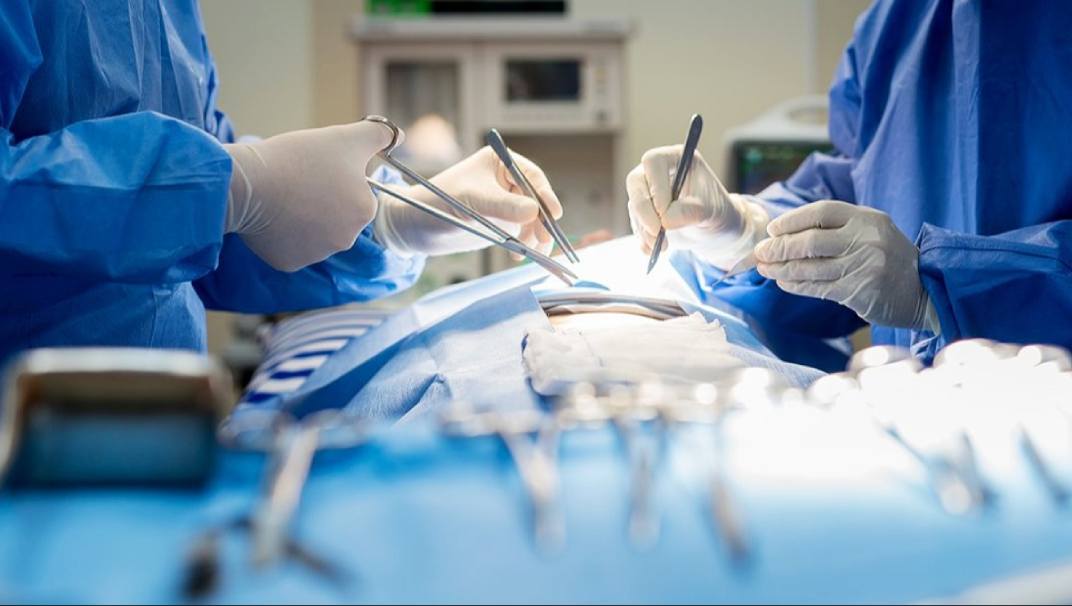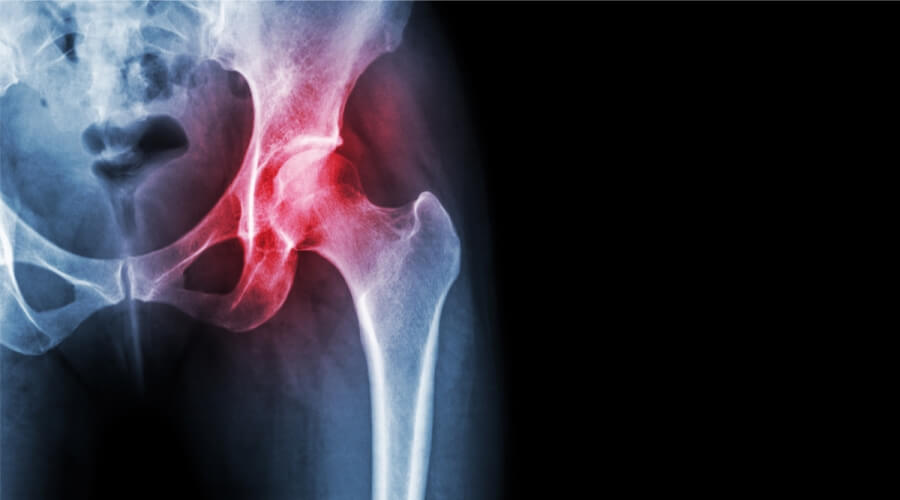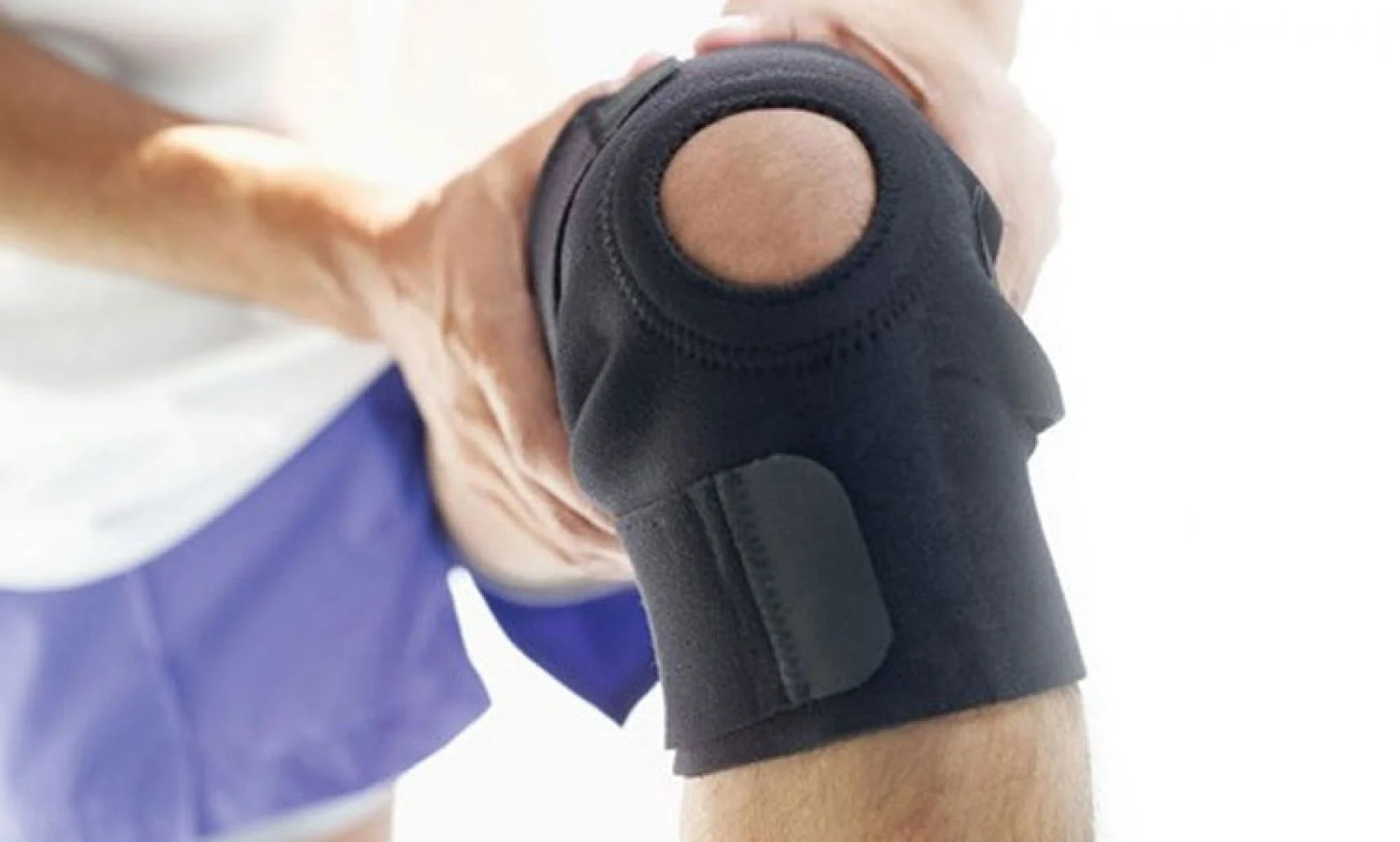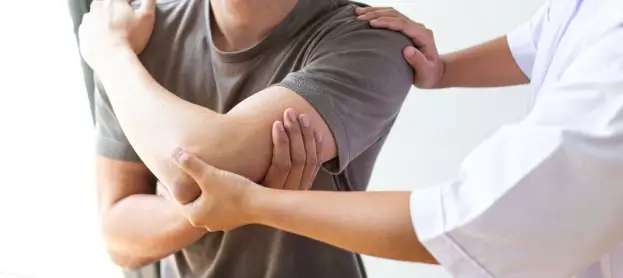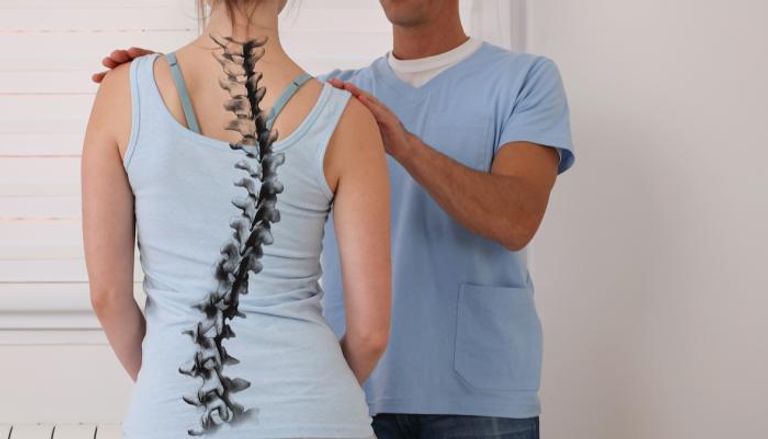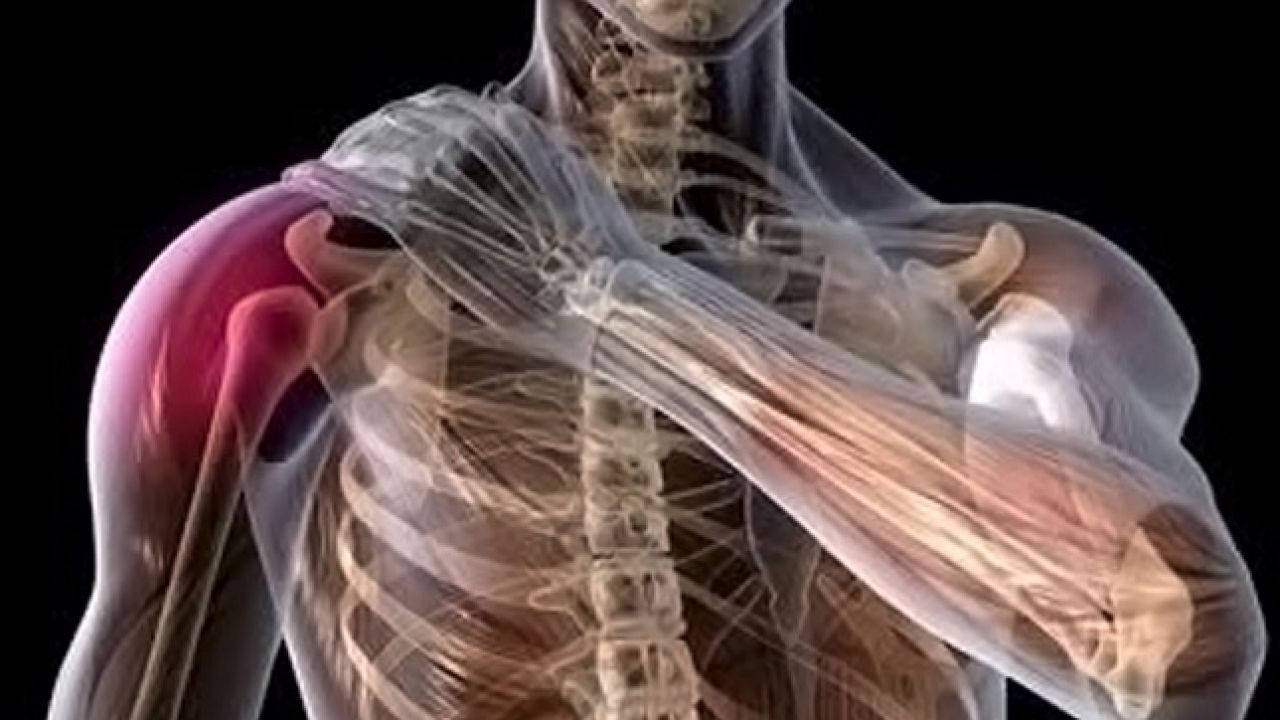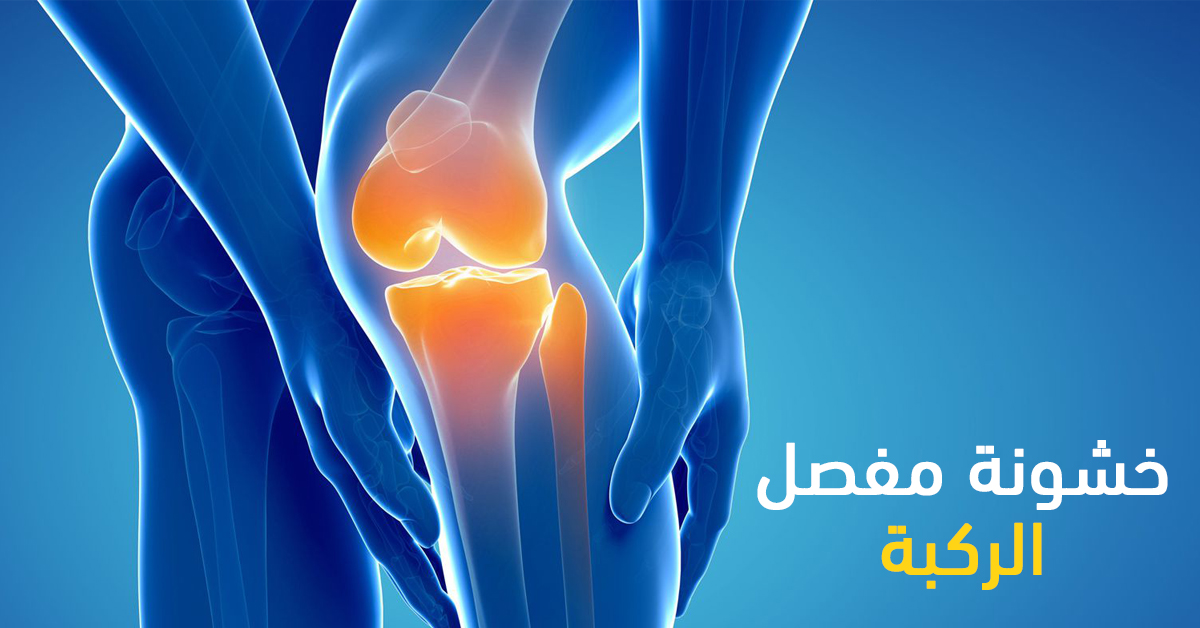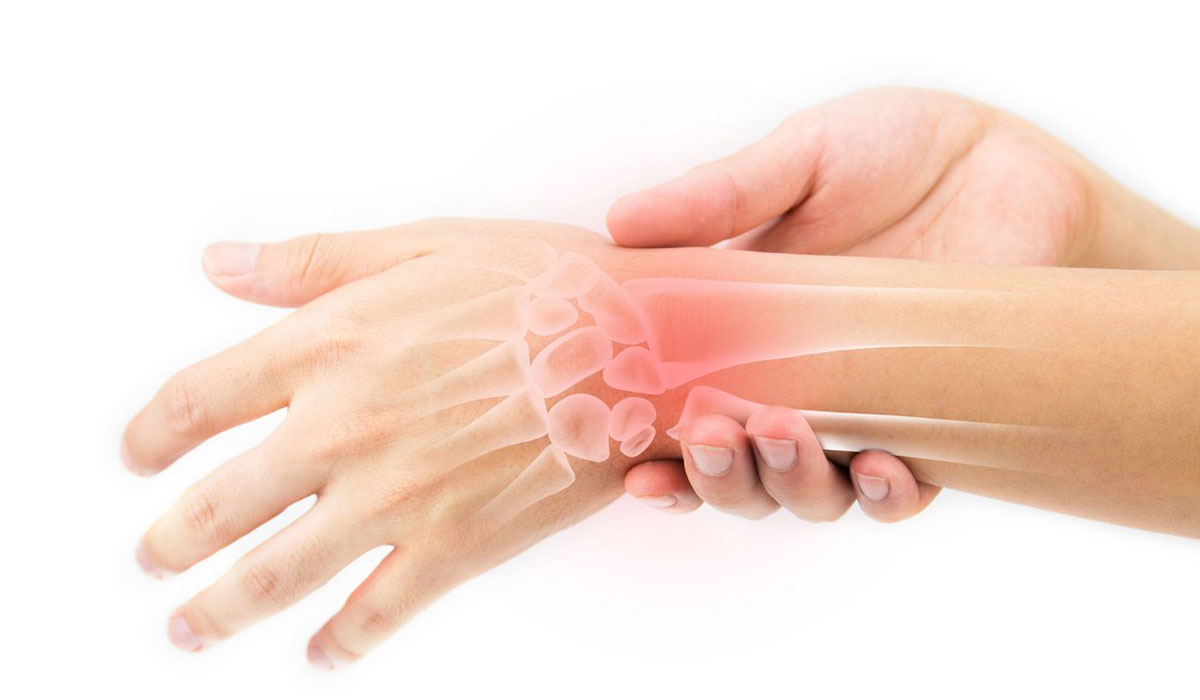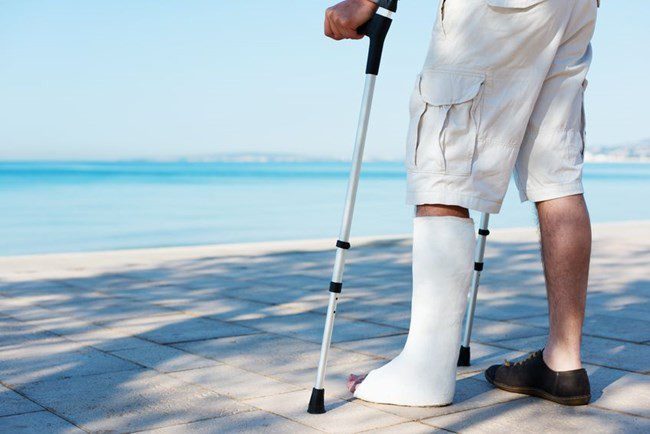Discover the cost of Achilles tendon surgery and the post-operative physical therapy program!
Cost of Achilles Tendon Surgery
The cost of Achilles tendon surgery can vary and is typically in the range of 20,000 to 30,000 Egyptian pounds in Egypt. The exact cost depends on several factors that directly influence the price, including the degree of tendon tear, the complexity of the procedure, the level of the hospital where the patient undergoes the surgery and receives medical care, and the experience, competence, and skill of the surgeon performing the operation.
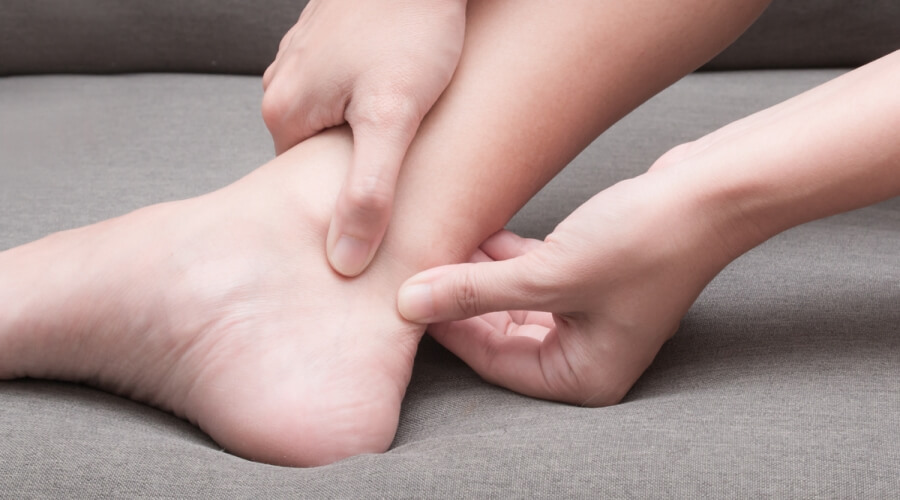
What Is Achilles Tendon Surgery?
Before we delve into Achilles tendon surgery, let’s first understand the concept of the Achilles tendon. The Achilles tendon, also known as the heel cord, is one of the important tendons located in the leg, and it is one of the longest tendons as well. This tendon serves as a connecting link between the end of the leg bone and the calf muscles in the area of the heel, which is situated in the foot. Any injury to this tendon, whether it’s inflammation or a tear, can affect foot movement and the patient’s ability to walk. In some cases, surgical intervention may be necessary.
Achilles tendon surgery involves repairing the damaged or torn Achilles tendon to enhance its strength, allowing the leg to regain its proper function. The surgeon can perform the surgical procedure using one of two methods: the traditional approach involving an open incision or a minimally invasive approach with small incisions in the leg to connect the torn tendon segments.
Causes of Achilles Tendon Rupture
Individuals who engage in sports are more susceptible to Achilles tendon rupture, where the tear in the tendon is typically located 2 to 4 cm above its attachment to the heel bone. The tear can either be complete, where the tendon is completely severed (which is more common), or it can be partial. The rupture may occur due to one of the following reasons:
- Direct injury to the tendon area.
- Sudden and forceful movement that stretches the tendon beyond its elasticity, resulting in a tear.
- Performing a strong and abrupt action such as jumping or rapid twisting.
- Suffering from inflammation or an issue in the Achilles tendon over an extended period.
- Prolonged use of certain medications like corticosteroids or quinolones.
Signs and Symptoms of Achilles Tendon Rupture
There are several signs and symptoms that indicate a torn or ruptured Achilles tendon, including:
- Severe pain that worsens with movement.
- Swelling of the affected foot and hearing a popping sound when the rupture occurs. The individual may experience significant difficulty walking and may be unable to move their toes.
- Abnormal thickness of the tendon in the affected area.
- Pain that is unbearable during physical activities.
- Bony prominences on the heel bone.
- Difficulty bending the affected leg.
- Stiffness and pain in the area of the torn or ruptured tendon, especially upon waking.
For more details on what happens after an Achilles tendon rupture and its symptoms, we recommend reading the following article.
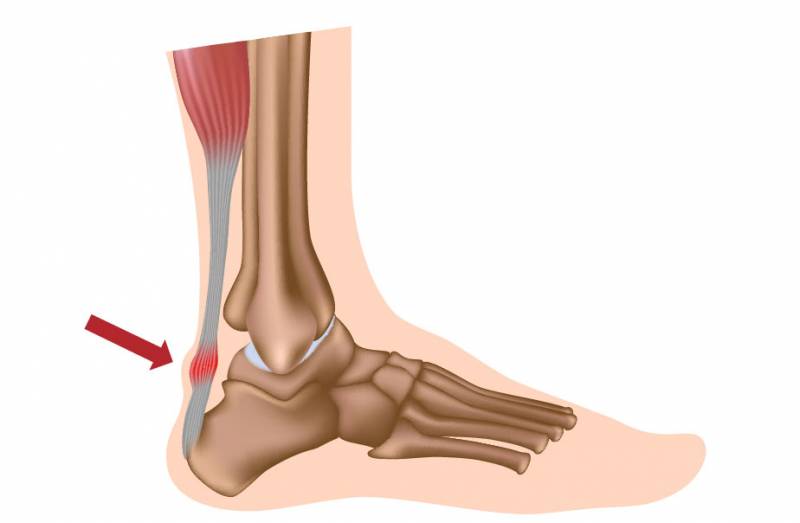
Diagnosing Achilles Tendon Rupture
The diagnosis of Achilles tendon rupture relies on a physical examination of the area, along with the possibility of performing a Thompson test. The Thompson test involves the individual lying on their stomach, and pressure is applied to the calf muscle to determine whether the tendon is still connected to the heel. In some cases, ultrasound or magnetic resonance imaging (MRI) may be required to reach a clear diagnosis.
Preoperative Procedures for Achilles Tendon Surgery
Patients undergo Achilles tendon surgery to relieve severe pain, regain control of their leg, and prevent complications that may arise from neglecting the treatment of a tear or rupture in the tendon. Therefore, there are certain steps taken before the surgery, including proper diagnosis of the condition, various tests and examinations to assess the patient’s overall health, and the following:
- The patient should stop taking specific medications before the surgery, including blood-thinning medications, and refrain from eating or drinking eight hours before the procedure.
- The doctor may request certain tests from the patient, such as blood tests and X-rays, to ensure there are no underlying health issues that could hinder the surgery.
- Paying attention to a healthy and balanced diet to promote healing after the operation.
- Quitting smoking, as it has a negative impact on the healing process and increases the risk of certain complications after the surgery.
Surgical Procedures for Achilles Tendon Repair
“We help you overcome Achilles tendon injury and rupture with advanced techniques with our distinguished doctor, Amr Amal.”
The patient undergoes general anesthesia for Achilles tendon rupture surgery, which can be performed through open surgery involving a large incision on the inner part of the leg to repair the tendon or through minimally invasive surgery with several small incisions on the skin.
The surgeon then approximates the ends of the tendon as closely as possible and connects the torn tendon ends using a specific type of physiological thread. In certain cases, tissues from other parts of the body may be used to approximate the tendon ends. Afterward, the tissues are repositioned, and the leg and heel are properly bandaged.
Recovery Stage After Achilles Tendon Surgery
During the recovery stage, the patient’s leg is placed in a splint that extends from the toes to just below the knee. It is advisable not to bear weight on the operated foot and to use crutches or a walker for walking. During the recovery period, the patient should avoid moving the foot for a period ranging from 6 to 12 weeks. Afterward, limited movement is allowed, but the patient should consult with the doctor regarding this matter. To achieve complete recovery after Achilles tendon surgery, the patient needs a period of approximately 4 to 6 months for full healing.
The first step the doctor takes after completing the surgical procedure is to stabilize the leg by placing an appropriate splint. The patient continues to wear it according to their condition and situation, typically for a month and a half to three months. The doctor recommends taking pain-relieving medications to alleviate pain and emphasizes the gradual use of the foot for walking to allow the tendons to regain their strength. The patient should walk naturally as before. Regular physical therapy sessions are also essential to regain activity.

Tips for Necessary Care After Achilles Tendon Surgery
Dr. Amr Amal, a specialist in orthopedic and joint surgery at Ain Shams University, provides us with some tips and instructions that are necessary to follow after Achilles tendon surgery to accelerate the healing and recovery process. These points include:
- The patient should elevate the affected foot while sleeping.
- Follow a healthy and balanced diet rich in proteins, vitamins, and essential minerals.
- Adhere to the prescribed medications according to the specified schedule and dosage.
- The patient should get plenty of rest during the recovery period.
- Use medical aids to assist with walking during the initial stages of treatment and avoid putting excessive pressure or weight on the injured foot.
- Maintain regular communication and periodic follow-ups with the doctor, consulting them about any unusual symptoms in the surgical area.
How Long Does an Achilles Tendon Surgery Take?
Achilles tendon surgery typically takes about one hour to complete the procedure. Afterward, the patient is transferred directly to the recovery room. It is possible for the patient to stay in the hospital for only one day after the surgery and then return home, while adhering to the doctor’s instructions during the recovery period. Learn about modern surgical techniques for treating Achilles tendon issues with Dr. Amr Amal.
Possible Complications of Achilles Tendon Surgery
Achilles tendon surgery is generally safe, but like any surgical procedure, it may lead to some complications, including the following:
- The patient may develop inflammation or experience bleeding.
- There is a possibility of nerve injury and the formation of blood clots.
- The patient may feel pain in the foot with swelling in the affected area.
- It is possible for the tendon to re-tear.
- There may be a range of motion issue with the heel.
Physical Therapy After Achilles Tendon Surgery
In some cases, individuals experiencing Achilles tendon issues do not require surgical intervention but instead benefit from physical therapy sessions under the supervision of a physical therapist. The injury may be minor and can be healed through specific exercises that strengthen the tendon. Patients who have undergone Achilles tendon surgery are advised by their doctor to engage in sports activities that greatly help in strengthening the tendon and allowing it to perform its function with increased flexibility. Additionally, massage or shockwave therapy can be applied to aid in the recovery of individuals with torn or damaged Achilles tendons, enabling them to return to their previous activities in a natural way. If you would like to learn more about Achilles tendon and the duration of treatment, click here.
What Is the Success Rate of Achilles Tendon Surgery?
One of the key characteristics of Achilles tendon surgery is its high success rate and a high degree of safety. However, it requires a skilled and experienced surgeon to achieve these results. Additionally, the patient’s commitment to following the doctor’s instructions, seeking comfort, and attending physical therapy sessions all contribute to the success of the procedure and expedite the recovery and healing process. You don’t have to suffer anymore, as Dr. Amr Amal offers a safe and effective solution for Achilles tendon treatment. For more details on the success rate of Achilles tendon surgery and the best doctor for Achilles tendon repair, we recommend reading the following article.
Top Doctors for Achilles Tendon Surgery
Dr. Amr Amal is one of the top doctors recommended for Achilles tendon surgery due to his exceptional proficiency and extensive experience in the field. He has successfully performed numerous surgeries that have garnered praise from patients. He enjoys a good reputation among them and has gained widespread fame for his constant dedication to the patient’s well-being. He provides the necessary medical care and utilizes state-of-the-art techniques and high-quality devices to ensure the successful completion of the surgery.
Can I Walk After Achilles Tendon Surgery?
Yes, after undergoing Achilles tendon surgery, the patient can gradually begin walking. The doctor, in collaboration with a physical therapist, will determine the steps to follow for recovery and walking. Initially, the patient may use crutches to reduce weight and pressure on the injured foot and then gradually increase it until they regain their ability to walk naturally as before.
When Does the Cut Tendon Heal?
The time required for a cut tendon to heal depends on individual differences, such as the patient’s overall health, age, and daily routine. Healing time can vary from several days to several weeks for smaller tendons. However, larger tendons may require several weeks to months for complete healing and recovery. Contact us today to schedule your medical consultation with Dr. Amr Amal and get ready to live pain-free in your foot by undergoing Achilles tendon surgery.


